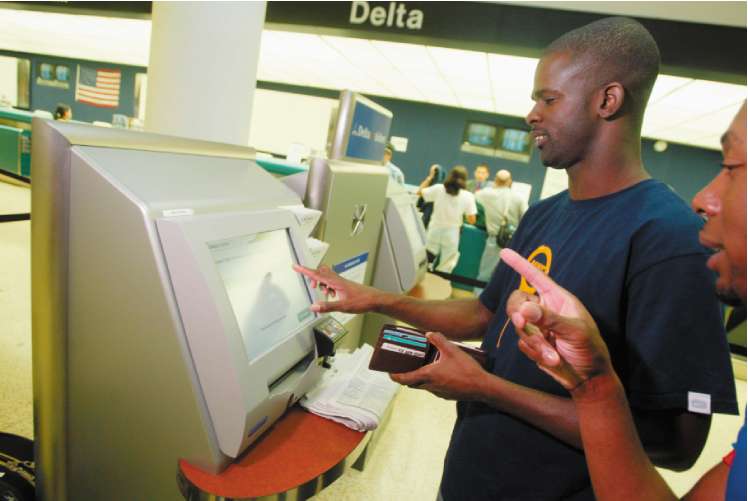Simon Calder: In the future, no one forgets their tickets...

Colombia gets a terrible press. Granted, the most diverse and rewarding nation in South America has deep-rooted problems such as chronic political instability, swathes of poverty and prolific narco-terrorism. But as a traveller you can expect to encounter welcoming people who have your best interests at heart. Usually.
The villain who broke into my hotel room in Cartagena in 1991, however, had his best interests at heart, as he helped himself to my valuables. The travellers' cheques were speedily re-issued by American Express staff for whom it seemed a routine chore. But at the office of the national airline, Avianca, where I went to have the plane ticket reissued, much of a stifling Caribbean day was consumed dismantling the bureaucratic barricade that stood between me and the departure lounge.
Starting a fortnight from today, no one should find themselves facing such a tangle: the paper ticket is about to expire for ever. That, at least, is the plan of the International Air Transport Association (IATA).
Electronic tickets, where details of your reservation and payment are stored on the airline's computer, have already supplanted the vast majority of paper tickets. Several earlier deadlines for replacing paper documents with e-tickets have been missed, and the chances of every airline in the world abandoning the bureaucratic habits of a lifetime by 1 June are nil. But the average British traveller will never see a paper ticket again.
For most passengers, the move to compulsory e-tickets is welcome: there is nothing to steal, and it accelerates the check-in process.
Travel agents, too, will be happy, according to Haydn Wrath of the round-the-world specialist, Travel Nation: "There isn't a travel agent in the world who will miss those calls for help from customers who have lost their tickets in some far-flung land," he says. "This can be a time when airline alliances are not quite as 'seamless' as their publicity claims." But according to Wrath, e-tickets for tricky round-the-world itineraries will mean passengers will have to pay more or see less.
At present, agents and airlines can issue paper tickets for trips to a maximum of 24 sectors. For e-tickets, the limit is 16 sectors.
You might imagine that 16 flight segments would be enough for anyone. But Wrath estimates that one in 10 round-the-world travellers exceeds the 16-sector limit. One reason is that 16 "sectors" does not necessarily mean 16 separate flights: if you depart from a different city from the one you arrived at, that counts as a "surface" sector. Even though there is no flight, it has to be included in the ticket, consuming a coupon. Example: arriving in San Francisco but driving to Los Angeles to pick up an onward flight uses a sector, as does travelling by train from Kuala Lumpur to Bangkok.
So some complicated itineraries will simply not fit a single e-ticket – forcing passengers to pay out more for "side-trip" flights, or to miss out desired destinations.
Haydn Wrath cites a typical 20-sector itinerary, taking in the Far East, Australia, New Zealand (including a surface leg between Auckland and Christchurch), South and North America and the Caribbean, which currently comes in at just short of £2,500.
"Someone wanting this route on a ticket paid for and issued after 31 May would have to pay extra for four of the flights on this itinerary. This would come to around £600. Alternatively, they would have to miss out four flights – or perhaps cut out three and the surface sector in New Zealand by flying in and out of Auckland."
Act now and you can circumvent the problem. Anyone planning a round-the-world trip this year or in early 2009 should book before the end of May and get a paper ticket; as they are valid for up to a year, any itinerary finishing before June 2009 will qualify.
Travelling with one of the last books of flight coupons in the history of aviation could save you hundreds of pounds – or allow you to see more of the world. After all, it would be a shame to leave out Colombia.
The itinerary for which Travel Nation (08453 444 225; www.travelnation.co.uk) quotes a £2,489 fare is: London – Tokyo – Hong Kong – Bangkok – Singapore – Bali – Perth – Ayers Rock – Cairns – Sydney – Christchurch then overland to Auckland – Santiago – Lima – Buenos Aires – Miami – Barbados – San Juan – New York – Chicago – London.
Join our commenting forum
Join thought-provoking conversations, follow other Independent readers and see their replies
Comments
Bookmark popover
Removed from bookmarks